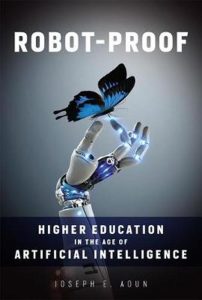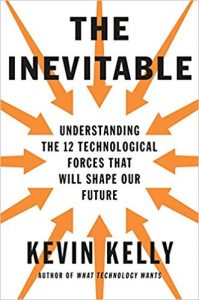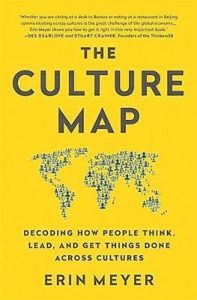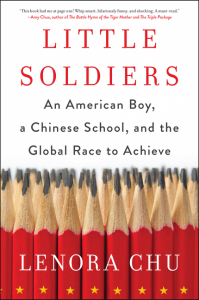The beginning of a new year is always a time when planning for the future comes to our minds. Every now and then people ask me which “visionary” books I read to anticipate trends in education and work in science, technology and engineering. They are the books I synthesise and use in my presentations and workshops to inspire the educational leaders in my academic and industrial networks to think about the massive impact of the digitalisation, hyperconnectedness and accelerating societal change on education, continuous professionalisation, students, young professionals, academic staff and company trainers respectively.
Many Bachelor and Master programmes have been conceived and constructed in the eighties and nineties. We must expect that most of the Bachelor programmes have been updated with programming, teamwork and communications skills. And of course scientific staff will have regularly updated the expert knowledge of subject matter in the Master programmes to reflect the current state of science and technology.
Many of these programmes do an excellent job, but they prepare engineers for the twentieth century, a world that no longer exists.
15 books to enjoy this year



I have made a list of 15 books in random order that have inspired and influenced me most in 2017 and 2018. I have no stakes in any of them. Pick one of them up and let it lead you to another. Synthesise your readings, share your ideas and develop a personal vision of the future of education at your institute.
- Higher Education in 2040; A Global Perspective by Bert van der Zwaan
- The Great Acceleration: How the World is getting Faster, Faster by Robert Colville
- Machine, Platform, Crowd: Harnessing Our Digital Future by Andrew McAfee
- Thank You For Being Late: An Optimist’s Guide to Thriving In An Age of Accelerations by Thomas Friedman
- The Inevitable: Understanding the 12 Technological Forces that will shape our Future by Kevin Kelly
- WTF?: What’s the Future and Why It’s Up to Us by Tim O’Reilly
- Robot-Proof: Higher Education in the Age of Artificial Intelligence (MIT Press) by Joseph E. Aoun
- The New Education: How to Revolutionize the University to Prepare Students for a World in Flux by Cathy N. Davidson
- Grit, The Power of Passion and Perseverance by Angela Duckworth
- Homo Deus, A Brief History of Tomorrow by Yuval Noah Harari
- 21 Lessons for the 21st Century by Yuval Noah Harari
- Easternisation: War and Peace in the Asian Century by Gideon Rachman
- The Culture Map: Decoding how people think, lead and get things done across cultures, by Erin Meyer
- The Global State-of-the-art in Engineering Education (MIT School of Engineering) by Ruth Graham
- The Future of Universities Thoughtbook. 40 Perspectives on how engaged and entrepreneurial universities will drive growth and shape our knowledge-driven future until 2040 by Todd Davey, Arno Meerman (Ed) et al.
Little Soldiers
I have started 2019 reading the book “Little Soldiers – An American Boy, a Chinese School and the Global Race to Achieve” by Lenora Chu. It’s a funny and personal story of a parenting journey inside China’s school system that is designed to weed out and filter students. It is an extreme contrast with the Dutch egalitarian educational system with its emphasis on inclusiveness and individual desires and therefore makes me think about the up- and downsides of these very different educational systems.
Yesterday evening I reached chapter 4 “No Exceptions to the Rule”. Reading “Little Soldiers” makes the Dutch system suddenly feel impossibly soft…
Some weeks after publishing this blog I reached the end of the book. Maybe the hybrid of Western and Chinese education systems is a good convergence in for what a 21st century student should look like…




